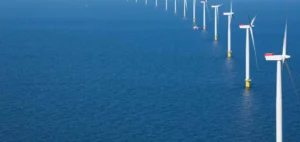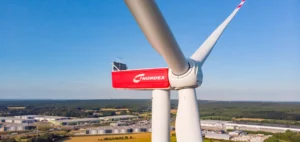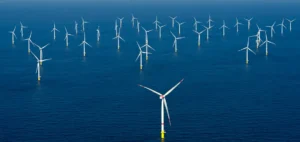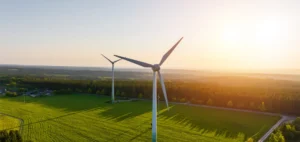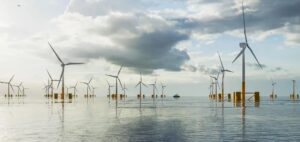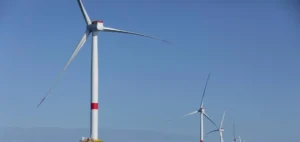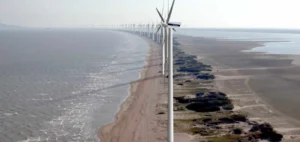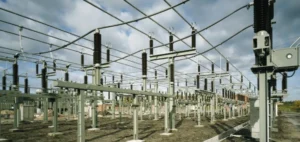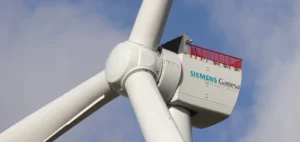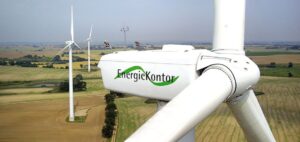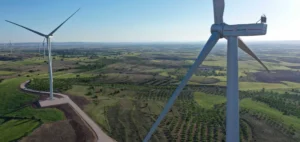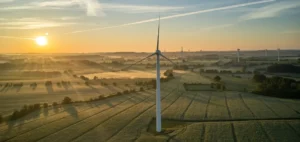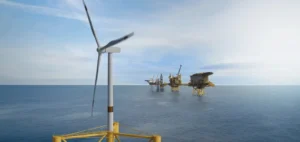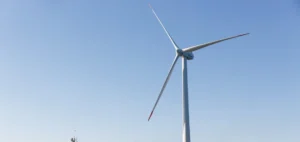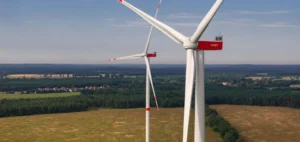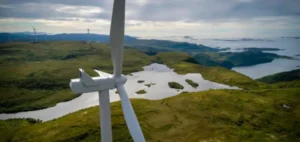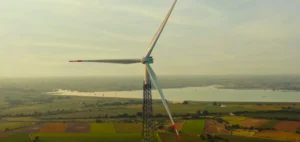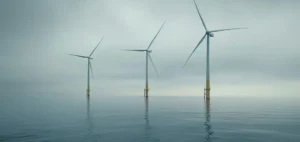The Council of State ruled in favor of the engineering company Eolise, which criticized the government for its lack of initiative in advancing renewable energy in France. In a decision made public on Tuesday, the court annulled the implicit decision by the Prime Minister to refuse the implementation of regulatory measures under Article L. 515-45 of the Environmental Code, intended to simplify the processes for renewable energy projects.
Founded in 2007 and based in Poitiers, Eolise is an engineering firm that specializes in designing and supporting renewable energy projects, particularly in wind and solar energy. In October 2022, Eolise submitted a request to the government under then-Prime Minister Elisabeth Borne, outlining measures it deemed necessary to speed up permits, which are often lengthy and complicated, for wind and photovoltaic installations.
A legal appeal to prompt government action
Faced with government inaction, Eolise filed an appeal in February 2023, seeking the annulment of this implicit refusal and requesting the State take necessary measures to support energy transition projects. This appeal directly targeted the delayed establishment of regulations needed for local and national renewable energy initiatives to materialize without undue delays.
According to Eolise’s lawyer, David Deharbe of Green Law Avocats, the aim of this appeal was to compel the executive branch to adhere to its energy policy commitments. The absence of a regulatory framework currently hinders numerous projects, delaying France’s decarbonization goals under international agreements.
A landmark decision for energy transition
In its ruling, the Council of State has given the Prime Minister six months to enact the measures outlined in Article L. 515-45 of the Environmental Code, deemed essential for advancing wind and photovoltaic projects. This decree, aimed at streamlining the approval process for renewable energy projects, is viewed by industry stakeholders as a crucial tool for accelerating energy transition efforts.
The Council of State emphasized that this decree is indispensable for implementing the law, noting that the timeline for its adoption has exceeded what is considered reasonable. The court’s public advocate stated that the absence of these measures impedes the effective application of public policy in support of renewable energy, a field where France already lags behind other European countries.
A response expected from the State within six months
The Council of State’s ruling requires the government to take necessary measures by next May. Failure to comply could result in sanctions. The State has also been ordered to pay Eolise 1,000 euros to cover the costs incurred for this appeal.
The delays in the permitting process for energy transition projects are frequently criticized by industry stakeholders. The development of wind and solar energy is hindered by administrative procedures considered complex and, according to some observers, poorly suited to the urgency of climate action.
Toward a stronger governance framework for renewable energy
Experts believe this decision could prompt the government to reconsider its approach to environmental regulation. With a more proactive regulatory stance, renewable energy projects could benefit from a framework more conducive to their deployment. Numerous industry players hope that this decision will lead to substantial changes in permit management, improving France’s competitiveness in green energy.


